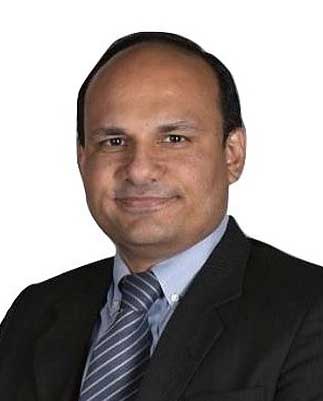The cabinet permitted increase in the prices of those drugs which are short in the market as their manufacturers have halted their production due to losses. Prices of most of the 94 drugs had not been increased for the last ten years due to which manufacturers stopped their production, resulting their shortage in the market. When these drugs are not in the market, patients are forced to use expensive smuggled drugs. In this regard the government believed by increasing prices of items, their availability in the market would be there as observed in the case of wheat flour and sugar. The government could not guarantee availability of life-saving drugs by force as drug manufacturers always used various technique to stop production if they were pressured to reduce prices. The cabinet also permitted the import of life-saving drugs and also anti-cancer and cardiac medicines not registered in Pakistan, sparing them from the ban. In case a company holds back manufacturing some medicines, saying that its production has become not available owing to high cost of production and raw material, its price can be increased as a particular case. The Ministry of National Health Services had moved the subject before the federal cabinet after some medicines, comprising the one used for cataract and by our soldiers positioned in Siachen, had become short. Due to long-term shortages of some significant or life-saving medicines, the federal cabinet allowed justifying prices of drugs that had been reported to be in short supply owing to unreasonably low prices. This change was recommended for drugs that came in the ‘hardship category’ on the consent of the Drug Pricing Committee under the Drugs Pricing Policy 2018.
No medicine can be sold in Pakistan without its registration with the Drug Regulatory Authority of Pakistan. Hospitals will be able to purchase medicines from the international market and use them for their patients. A Statutory Regulatory Order will be issued so that the medicines would be available under the right to medicine. The cabinet gave acceptance for fixing the maximum retail prices of the medicines and these will remain stable till June 30, 2021.The action to permit necessary increases in the prices of such drugs will allow workable manufacture and ready availability of these essential medications to the public, instead of compelling people to purchase medicines of doubtful quality at excessive black-market prices. The decision was made to increase the prices so that they are sold through lawful means rather than being sold on the black market at similar higher prices. There have been a number of changes such as the devaluation of the rupee, increase in cost of raw material in the international market, acceleration in the packaging cost and reduced utilization of medicines, the prices of medicines remained not changed. The government has not increased the prices owing to the compulsion of pharmaceutical companies but to see that their availability in the market. The increase in price was of low-priced life-saving drugs and those with old formulas. Due to absence of sufficient rise in their prices and ended up being sold on the black market, it was significant to safeguard that the prices of medicines are reasonably for everyone. The prices were increased so that the medicines can reach the common people. But unfortunately other medicines that are used to treat fever, headache, heart disease, malaria, sore throat, flu and diabetes have also been made costly.
The federal cabinet under the chairmanship of Prime Minister Imran Khan has decided to justify prices of drugs and while decreasing the price of a Remdesvir 100mg injection that what is universally regarded as a supposition that it may be useful for treatment of Covid-19, it permitted increase in the prices of those drugs that are short in the market as their manufacturers have stopped their production due to losses because their manufacturers had not been permitted an increase in price since 2018.Government has not raised the prices of life-saving drugs in spite of having rising costs of pharmaceutical companies that operate on the proposition of profit and loss that resulted to shortages on the market as a direct outcome of their decision to stop production of loss-making drugs. The government of Pakistan been directly responsible for raising input costs, specifically electricity tariff, a major input in the manufacturing process. At present is the extensive rupee depreciation, a small under 50 percent in two years, which has led to a rise in the rupee cost of importing raw materials or active components for the manufacture of those medicines dependent on such imports.
The drug regulatory body gave acceptance of increasing prices in two stages which it claims was done on the directions of the Supreme Court. On December 31, 2018, the DRAP issued a notification for price adjustment of 889 medicines. The second notification was issued by DRAP on January 10, 2019 for regular medicines according to which all the drugs registered with the regulatory body have been allowed to increase their prices by 15 percent. Rise in prices of 94 medicines by federal government has been challenged in Lahore High Court petition filed in the high court has requested the court to declare increase in prices of medicines not legally valid. It is stated that pharmaceutical companies will not be permitted to raise prices any further until June 2021.
Increase in medicine prices
Sign in
Welcome! Log into your account
Forgot your password? Get help
Password recovery
Recover your password
A password will be e-mailed to you.




